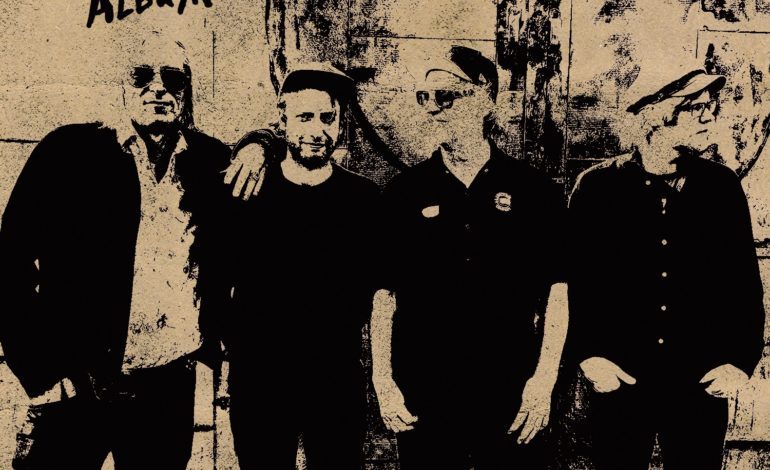

Alternative rock veterans somewhere between easy-going and ambitious
Please forgive the author of this review in the case that he didn’t get the joke. The title of the album contains the words “lost” and “great,” but (A) this is the band’s debut, (B) it was released less than a month ago, and (C) it is at the very least presumptuous to name a new record as if it belongs in the Library of Congress. The group has also chosen a “spontaneous” photo of themselves for the cover art, hands halfway into their pockets and contemplative gaze pointed toward the horizon. Are they expecting their own biography or something?
This kind of criticism, of course, won’t convey what you’ll hear coming out of your headphones; the music featured on The Great Lost No Ones Album, believe it or not, is often modest. It nevertheless falls short of greatness, even with a roster including Peter Buck of R.E.M., Scott McCaughey of The Minus 5 and I Was A King’s Frode Strømstad and Arne Kjelsrud Mathisen. These people have had good careers (which have often intersected), and their latest collaboration as the No Ones feels like their chance to step back and workshop some stuff with friends, rather than land a career-defining moment.
That doesn’t mean, however, that the record isn’t worth your time. There are a couple of sweet – if not safe – songs here, like “Sun Station Vadsø” and “No One Falls Alone.” One might liken this music to that concert your local suburb always holds on the Fourth of July. Do those John Mellencamp covers ever move anybody to tears? Not quite. They do, however, remind the audience of buttered corn on the cob, and if it isn’t a life-changing thought, then it is at least a briefly satisfying one.
Most of The Great Lost No Ones Album falls in line with the alternative country-rock that these musicians have worked on in the past. “All You Need is Rain,” a bittersweet testament to the cycle of sadness, sounds familiar enough to gain our trust, offering the kind of emotionally transparent lyrics that western music was built on (“I’m spinning like a dime/ but I will always know what side I’m on”). There’s a more uplifting spirit behind “Too Blind to Believe,” which features fuzzy guitars reminiscent of the Jesus and Mary Chain. “(Going Back To) Stockholm Syndrome” is the most enjoyable track on the album, though as the title suggests, the song’s narrator tells a moodier story of doubt and angst (“If I could fly across the dismal sea/ where Europe lies with all its mysteries/ but I know it’s not easy being free”).
There are times such as this one where it appears The No Ones would like to elevate this album to excellence, but the big ideas are too abstract and scattered to achieve that status. Just as with most music, the most rewarding moments here are the ones that aren’t meant to be.
